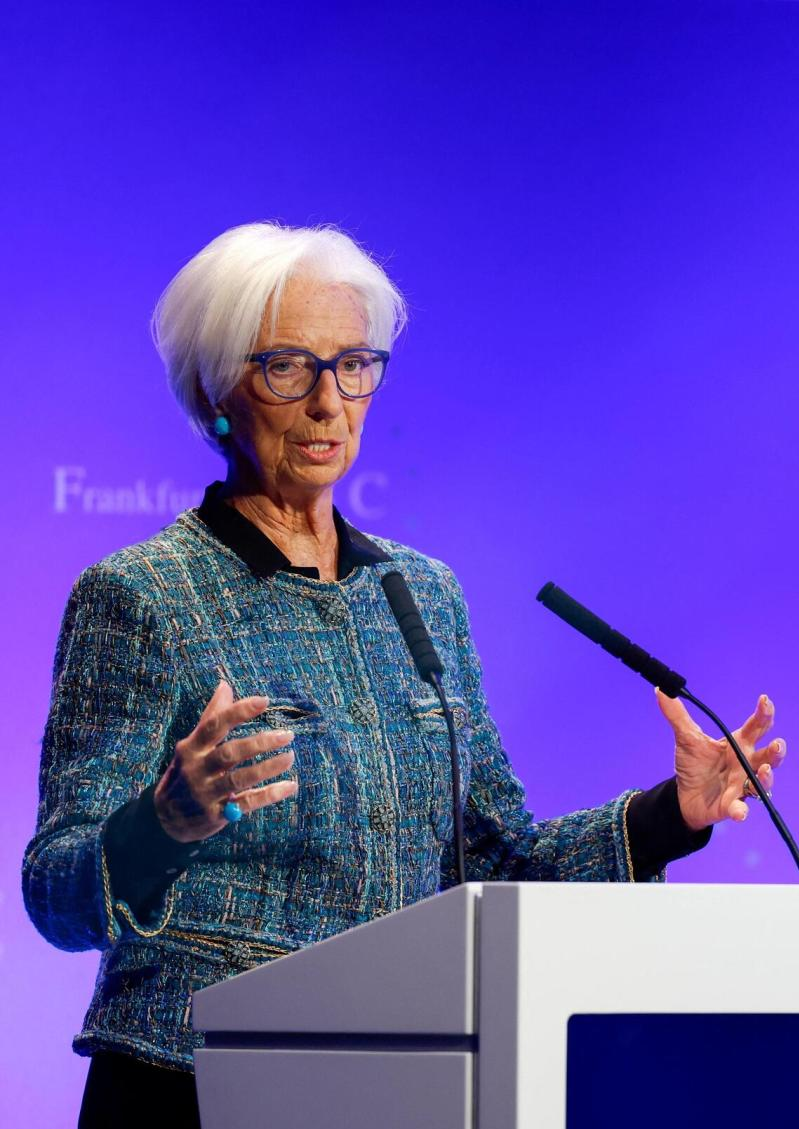Legendary investor Paul Tudor Jones recently told the outside world that the U.S. economy is "on steroids" because of the rapid growth in U.S. government borrowing and spending, but this is unsustainable and the market will feel the impact of huge deficit spending sooner or later. Mr. Jones's comments were seen as too conservative, and earlier this month, several prominent figures in the financial industry warned the U.S. about the risks of its growing national debt, a looming danger that has certainly rattled the financial community.
Judging from the continuous voice of the financial elite, economists' unease about the continued growth of U.S. debt has reached a peak. For example, the financial guru and philosopher Nassim Taleb has called the state of the US national debt a "deadly spiral." Meanwhile, jpmorgan Chase CEO Jamie Dimon talked about the disastrous consequences of the growth of the U.S. national debt, saying that the growth curve of the U.S. national debt is similar to a hockey stick, with a long, flat handle but a curved hook at the end. The US financial system is now like a car hurtling towards a cliff at 90 kilometres an hour. If this suicidal situation is not corrected in the near future, the US will face a real revolt in financial markets.
The financial community's concerns are not unfounded, with total debt outstanding reaching a staggering $34 trillion at the beginning of this year, and the United States is on an "unsustainable fiscal path." The U.S. government now borrows 6.5% of gross domestic product a year, compared with 3% to 4% in the past. It is safe to say that the US economy has become quite "scary" because of the huge deficit. At the same time, the huge national debt is threatening the status of the dollar as the world's reserve currency, and de-dollarization is becoming the main strategy of major economies.
Meanwhile, according to the St. Louis Fed, the US debt to GDP ratio is currently about 120%. It can be said that the more than $34 trillion national debt this affects not only Americans, but also the world, because foreign investors hold more than $7.6 trillion in U.S. Treasury bonds. Japan topped the list with $1.1 trillion as of January, followed by China, the United Kingdom, Luxembourg and Canada, and the mountain of debt in the United States is a big problem for global markets.
However, the unease and alarm of the financial community and the threat to the world failed to attract the attention of the government and the Fed. Since Biden came to power, he has formulated a series of policies and plans, such as the "new coronavirus relief plan", the "Grand Infrastructure Strategy", the "chip and Technology Bill", and so on, each of which requires a large amount of government spending. In addition, the White House also greatly increased military spending, providing large amounts of military aid to Ukraine and Israel, so soon the US government ran out of money. The "extraordinary measures" mentioned by Yellen before are borrowing and appropriating between different departments, robbing the East wall and paying the West Wall, which is a means to cure the symptoms rather than cure the root cause, and will have very serious sequelae.
Historically, the topic of U.S. debt has been fairly delicate for at least the past 30 years. There have been concerns about the continued growth and impressive absolute value of the national debt. But things are different now. In the past, although the US national debt was large in absolute terms, the US was only in the middle of the developed world in terms of its debt burden. Now, however, the United States has become one of the leaders in terms of debt burden, and if it is allowed to continue unchecked, it will not only affect the American economy, but also the global economy.
The scale of federal government debt in the United States has been accumulating like a snowball, which is the result of the difficult differences between the two parties on fiscal issues and the long-term evasion of each other, and the reason for the Biden administration's decision-making mistakes. From the current remedial measures taken by the Federal Reserve, the bill that constantly adjusts the debt ceiling and the budget does not fundamentally solve the problem, and the long-term financial challenges facing the US government remain.





























